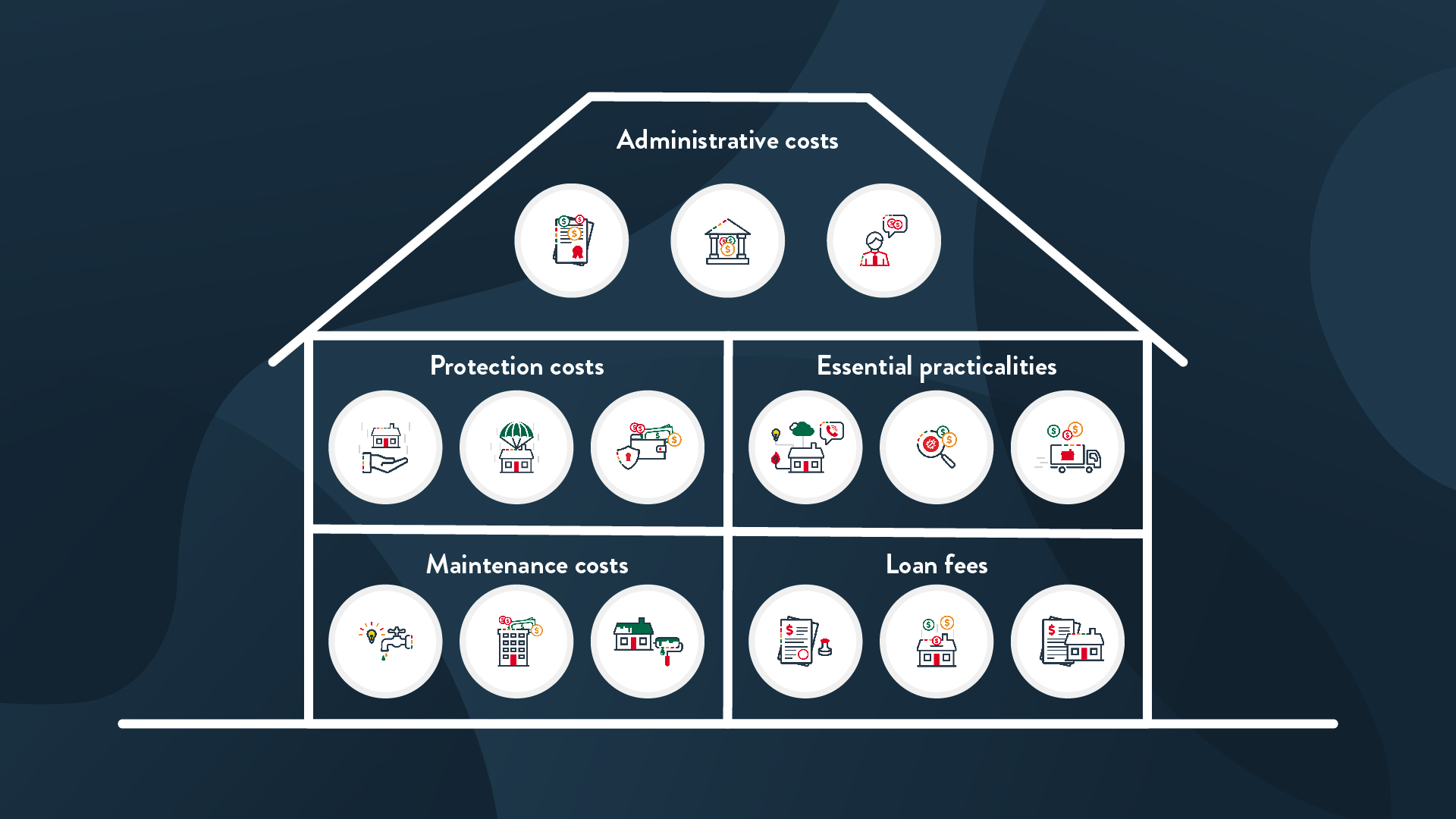The difference between genuine and non-genuine savings
 1184469841
1184469841
When applying for a home loan you’ll be asked to provide a lot of different information, including how much money you’ve saved.
These savings will be the deposit that you put towards the purchase of your new home. You may also be asked questions about how you’ve saved your deposit. This might seem a bit nosey at first, it’s one of the ways some lenders consider whether you’ll be able to cope with the financial commitment of a home loan.
Your hard-earned savings will be classified as either ‘genuine’ or ‘non-genuine’ savings. What's the difference between them and what does it mean for you? Find out below.
How much genuine savings do I need for a home loan?
You are protected by responsible lending laws. Because of these protections, the recommendations given to you about home loans are not regulated financial advice. This means that duties and requirements imposed on people who give financial advice do not apply to these recommendations. This includes a duty to comply with a code of conduct and a requirement to be licensed.
All loan applications are subject to the lender completing responsible lending checks and considering the borrower’s individual circumstances. Terms, conditions, fees and charges apply. Information provided is factual information only and is not intended to imply any recommendation about any financial product(s) or constitute tax advice. If you require financial or tax advice you should consult a licensed financial or tax adviser.
© Pepper New Zealand Limited NZBN 9429031065153 | NZ Company Number 3416551



